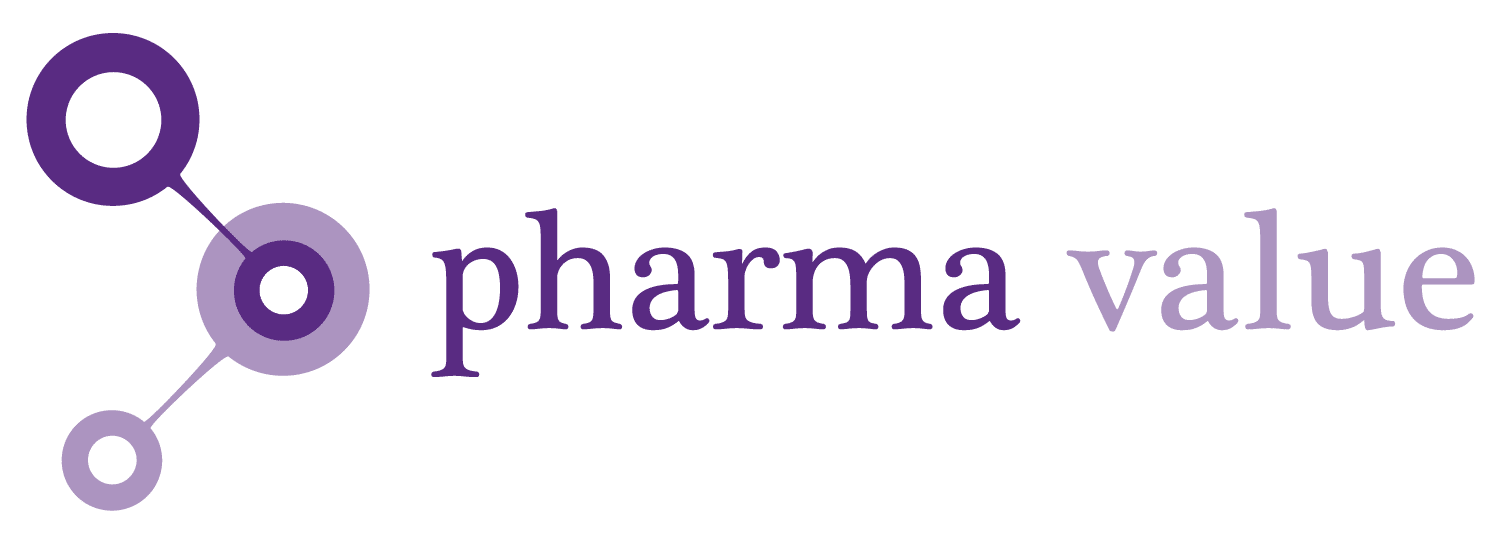We asked the Giacomo Brodolini Foundation to help us think about privilege, in this Pride month where socials are coloured with logos of companies turning to rainbow colours to celebrate Pride month, showing closeness to the entire LGBTQIA+ community, with publications, communications. Since the Pride struggles are not only in relation to the LGBTQIA+ community, but aim to achieve a truly inclusive society for every person, regardless of orientation, gender, appearance or race, we decided to be guided by an experienced team from the Giacomo Brodolini Foundation so that we could understand our privilege and move out of our comfort zone.
The Brodolini Foundation is an expert in Diversity and Inclusion - multicultural differences, generational differences, sexual orientation differences, gender equality, disability inclusion and gender equality. On these topics it organises the annual Master's degree in Diversity Management and Gender Equality.
Very often those who have privilege do not realise that they have it. Privilege is like comfort: we get used to it easily, and we become aware of what is comfortable especially when, for whatever reason, the comfort fails. An easy way to open our eyes to our privilege is to have an experience that makes us aware, for example that someone close to us suffers an injustice, but it can be a trip or even a good book or a movie will suffice. What cannot be missing, however, is the will to keep our eyes open to see what our fortunes and rights are, not to take them for granted, and possibly to ensure that as many people as possible have access to the same opportunities.
It is difficult to recognise one's own privilege when one does not know the stories of discrimination and the stories are not known because we are closed: there is an instinct that the algorithms pander to, that leads us to simplify, protected in our bubble, in a system in which we feel we have answers and control, and we risk simplifying by taking away space from what we feel is not relevant, because it does not concern us, we do not know it, therefore it does not exist.
The question we asked ourselves is: "How can a business make society more just, and how can a woman, white, privileged, healthy, heterosexual, do it?".
For Valeria Viola, founder of Pharma Value, being an entrepreneur is not just a private matter, but has a social dimension, not only because it is accountable for the work of a team of women to its customers, but also because a company is a form of community. People working together dedicate time, energy and commitment to achieve a common result.
The answer we gave ourselves is that we want to be good allies. Firstly, good allies of other women.
This means recognising common difficulties, for example, the experience of being a working mother is not without its obstacles and women working in Pharma Value we hope will struggle less than outside if and when they decide to become mothers. It also means opening up spaces for other women and keeping a high threshold of attention on women's representation and participation in the public spaces we go through and build from publications to seminars, in conferences, as well as in committees.
It is important to use one's privileges to be a good ally to all those people who have to work harder to make their way in the world because their gender, sexual orientation, colour, background, ability is a source of discrimination.
La recipe is easy but requires some courage.
- The first ingredient is the awarenessEach and every one of us has our privileges, being aware of them is essential to be able to help those who do not have them.
- The second ingredient is theempathic listeningIf someone tells you about forms of injustice, discrimination, harassment, exclusion, don't dismiss it, pay attention and ask yourself: 'what can I do'?
- The third ingredient is the wordLet us not remain silent when we witness an injustice, let us use our privilege to intervene on behalf of those who suffer, let us make ourselves heard so that those who are doing wrong do not count on our complicity.
Widening our gaze and embracing complexity means questioning the obviousness of the first answers that come to mind, obvious to our value system, but perhaps exclusive to others and others.
Sometimes therein lies the privilege that we do not see, in those black-on-white certainties that may hide a multitude of colours, that we are denying ourselves while all of us together can do so much to build a world in which people can fulfil their potential.





